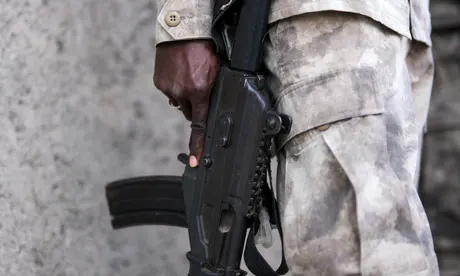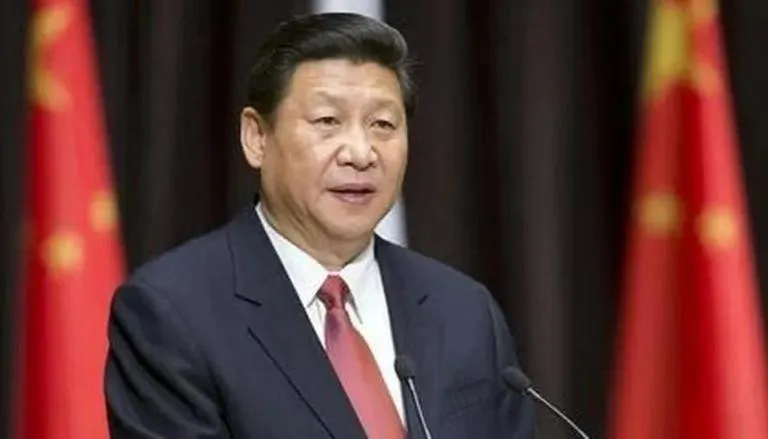To replace the current Kenya-led mission in Haiti, the United States of America and Ecuador have published a draft resolution requesting that the UN start preparing for a U.N. peacekeeping operation.
Since June, around 400 Kenyan police have been deployed as part of the U.N.-backed mission.
The United States diplomats stated that the Kenya-led mission, which is dependent on donations from the public, is experiencing financial difficulties and could consider using a U.N. peacekeeping force. Thus far, most of the funding has come from the United States and Canada. In contrast, money for peacekeeping efforts comes from a separate U.N. budget.
It won’t change anything if the proposed Security Council resolution lists the “achievements” of the multinational mission supported by the United Nations.
The state of emergency in Haiti was extended last week to include the whole country.
2017 saw the end of the last UN mission in Haiti. It was said to have caused a cholera outbreak by disposing of contaminated sewage into a river. Nine Haitian children were exploited by at least 134 UN personnel in a sex ring between 2004 and 2007, according to an internal UN investigation.
A 2004 revolt brought the nation dangerously close to collapse, prompting the United Nations to send in reinforcements. Following successful elections and a devastating 2010 earthquake that claimed up to 300,000 lives and ended in October 2017, it contributed to the stabilisation of the impoverished nation.
However, there was a cloud cast over U.N. forces when troops from Nepal were widely accused of bringing cholera, which has killed over 10,000 people in Haiti since 2010, and other troops were linked to sexual assault, including rape and the targeting of undernourished children.
The United Nations has operated several small operations in Haiti since 2017. A Haitian-led political process aimed at advancing elections, the rule of law, and human rights is the goal of the most recent political mission, BINUH.
Given the controversies surrounding the previous peacekeeping deployment, many Haitians have resisted the idea of another one. In addition, some Haitians view U.N. forces as an invading army.
In 2022, Haiti requested an international force to fight gangs, and U.N. Secretary-General António Guterres pleaded for months for a nation to take the lead in organising the force before Kenya stepped up and offered 1,000 police.
Police from the Bahamas, Bangladesh, Barbados, Benin, Chad, and Jamaica are anticipated to join them, expanding the global force to 2,500 members.


 Metro2 days ago
Metro2 days ago
 Sports2 days ago
Sports2 days ago
 Politics1 day ago
Politics1 day ago
 VenturesNow1 day ago
VenturesNow1 day ago































